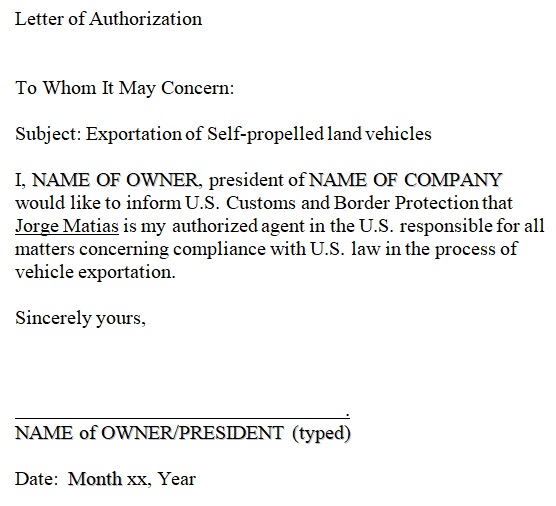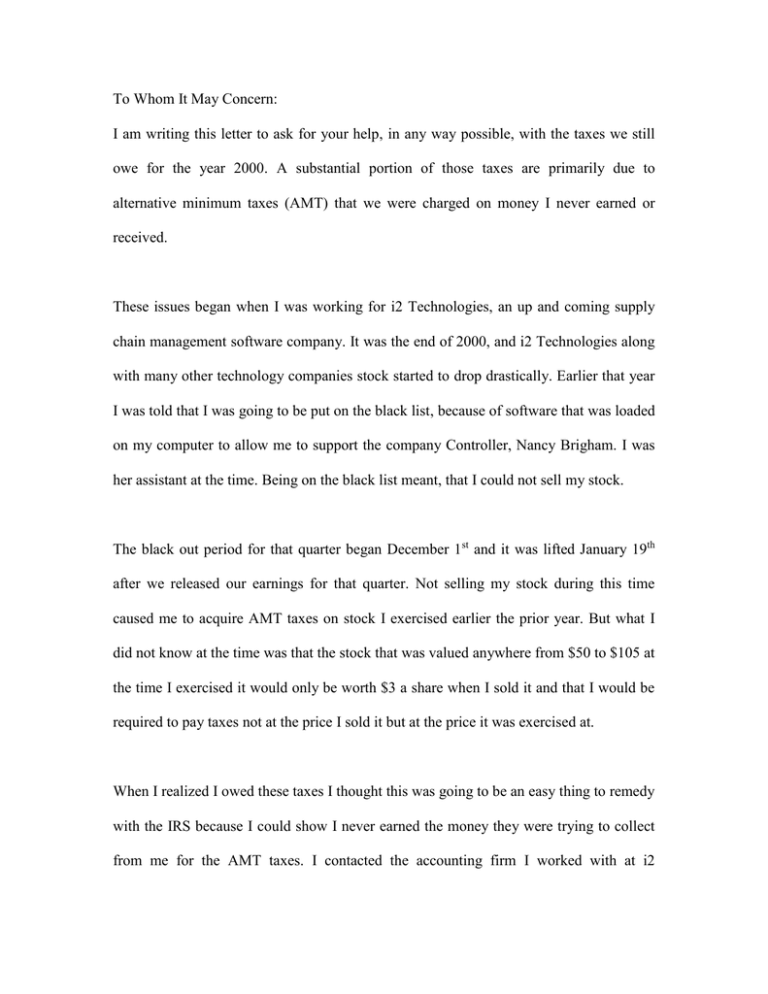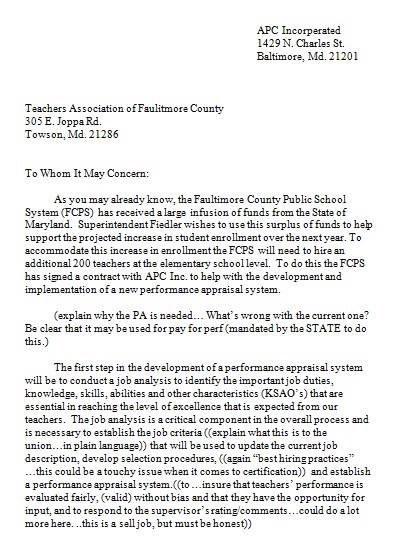
People had no simple access to an enterprise database back in the day. We still forget that the Internet is still very fresh. As mentioned above, anything archaic is now regarded. It is normal to talk to someone you don’t know but want to answer in the post.

What does this phrase indicate, and when is it appropriate to use? It would be best if you always tried not to use this greeting where possible because your message’s substance is typically overly formal. Now that you can quickly identify the person you need. This greeting isn’t so popular, but it is still appropriate if the correct name or department can’t be identified. Before the Internet, the name of the person you needed to send a letter or email to, which makes “To Whom It May Concern” an ordinary welcome, was much more difficult to find. It is generally used when the recipient’s name or title is unknown, for example, when you recommend it to an ex-colleague and do not know the hiring officer’s name. To Whom It May Concern” is an ample way of dealing with professional or formal communication.

You can start a letter with this greeting if you are not sure, for example, when writing a cover letter for a job application, who will review the application. The greeting ‘To Whom It May Concern’ is conventionally used in corporate communication if one does not know the beneficiary’s name or if one person is not addressed. Why is the sentence ‘To whom it may concern’ used? Here you can learn the meaning of the term ‘To Whom It May Concern’ when to use the word when to avoid it, and some alternatives. It shows initiative and shows you are prepared to do some work and to go for another mile. Taking the time and looking for the name of the person you try to reach will take a long time in the recruitment process.

This makes it much easier for people to know who they are contacting when writing a letter or e-mail. Today’s technical advancements made access to knowledge simpler for people after the turn of the century. “To Whom It May Concern” is the one which is most common in day-to-day use and conventional ways in which you do not know anyone, but it is archaic. Suppose you intend to contact an employment manager in a big organization - you’ll want to be as politely as you can in this case and to greet you properly. Your greeting will set the whole message’s tone and whether it is casual, formal, or neutral. When you write a letter or an email, you appear to welcome the recipient.


 0 kommentar(er)
0 kommentar(er)
